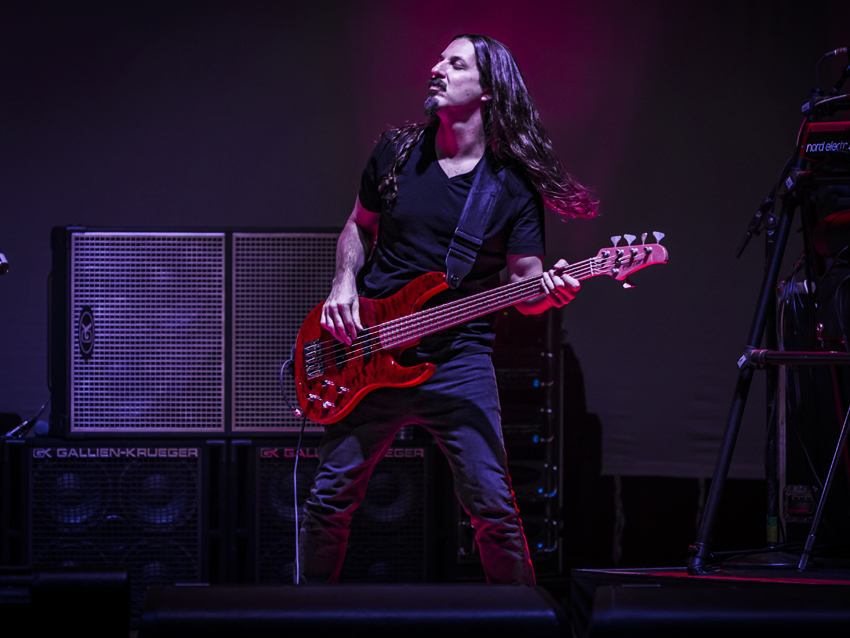
Bryan Beller picks 10 essential bass albums
"I’m a sound guy," says The Aristocrats' bass master Bryan Beller. "I’m a big believer that every great band has one note that’s all theirs. And the sound of that one note is the sound that they make."
Beller cites Rage Against The Machine and Steely Dan, both of which have records on his list of 10 Essential Bass Albums, as examples of his theory. "Think about it: Those are two bands that couldn't be any more different from each other, but you hear that one note, that one perfect sound, and you know who it is." He laughs and quickly adds, "Of course, I also believe that the bass player contributes to making that sound.”
Since graduating from Berklee College Of Music, Beller has established himself as one of music's most adventurous and versatile bassists, tackling everything from jazz fusion to death metal, with stops at pop and progressive rock along the way. But despite his reputation as a certified chopsmeister, Beller has strong feelings about players who showboat their virtuosity.
“Anytime the bass playing is great on a bad album, something definitely went wrong," he states. "Virtuosity can play a role in great music, but everything has to be in sync and have meaning. I'll take a great band with great songs, and if somebody stands out, that’s terrific. But the whole thing has to matter."
In compiling his list, Beller explains that he arrived at his choices from more of a classic-rock perspective than an R&B one. "That would almost be a separate list," he says. "The Jamerson records, the Stax records – that's a world unto itself. Also, I wasn't really into that stuff as a kid, so for the most part, I'm going with the records that really changed me and informed my approach to the bass when I was growing up."
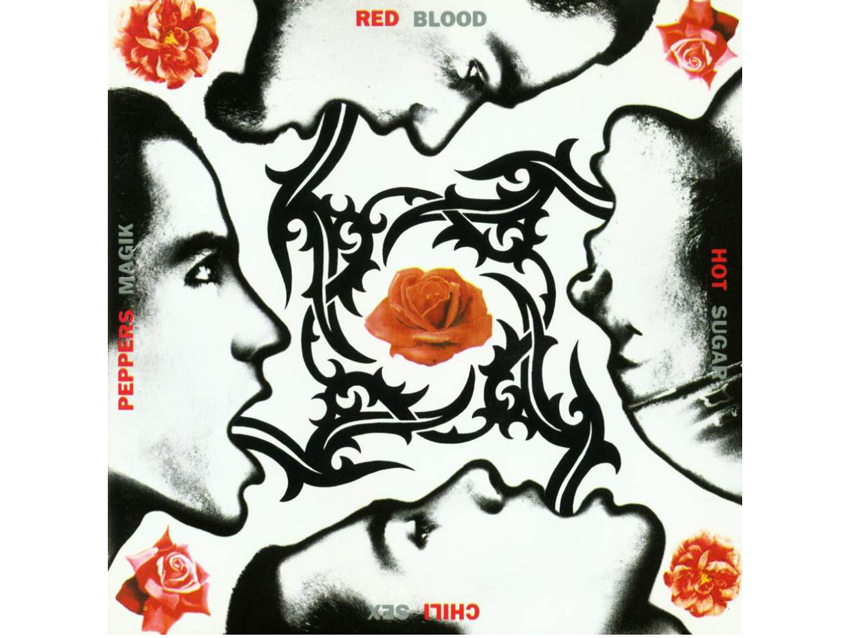
Red Hot Chili Peppers - Blood Sugar Sex Magik (1991)
“They’ve got so many great records. The ones that came before this album are a little raw, a little punky. Some people really like that, but I think Blood Sugar is the record where the band put it all together in one shot.
“Flea has always been the musical backbone of the Chili Peppers. His tone and grooves are really, really deep. I remember being at Berklee College and hearing If You Have To Ask and Mellowship Slinky In B Major, which has an incredible bassline – that stuff blew me away. Give It Away is another great bassline, and it’s a lot more complicated than people think, specifically a four-phrase pattern that repeats.
“It's interesting: The guitar is, for the most part, a background instrument in the band; the bass is usually taking the lead, as it would in a proper funk band. You can just feel Flea making a quantum leap in arranging and bassline composition on Blood Sugar. He comes into his own as an artist.”
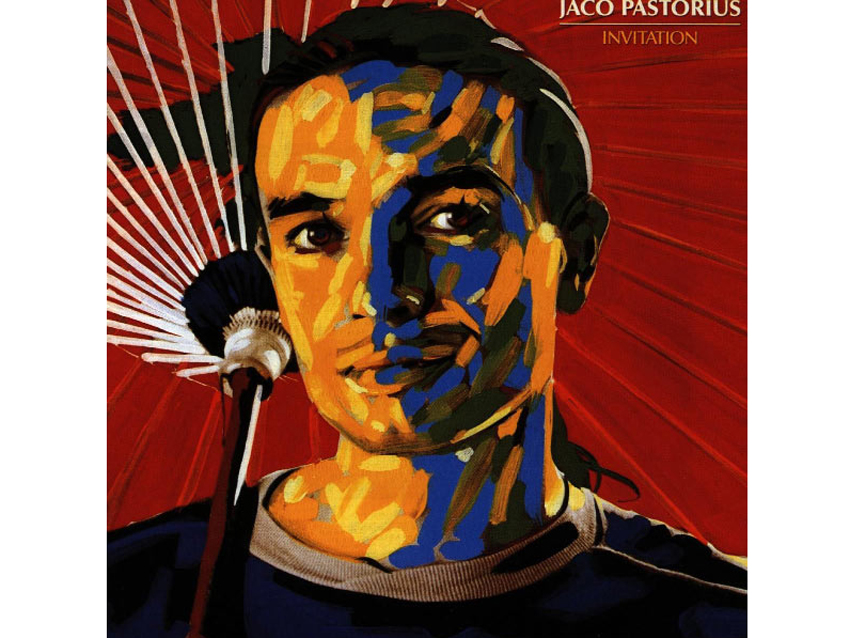
Jaco Pastorius - Invitation (1983)
“His live version of The Chicken is on here, and that’s something everybody has played. There’s a reason for that, because it’s one of the most incredible live bass performances in the history of the instrument.
“What’s great about this record is its accessibility. Sometimes Jaco would do stuff that was hard to comprehend; the song Invitation has a solo that’s so obtuse – unless you’re a hardcore bop guy, you’re not going to have access to what’s going on there. But the whole Soul Intro and The Chicken, those are classic lines; they have so many licks that people have ripped off for years and years.
“Tive version of Liberty City is really beautiful. Continuum is fantastic. My favorite track is Reza, kind of an Afro-Cuban thing in 6/8. It takes up about 10 minutes of the second side of the album – there, I’m dating myself! [Laughs] It’s a long, meandering improv-oriented thing, with all sorts of cool, slightly ‘out’ stuff. At he end, he cranks up the distortion and goes crazy with this unison line that the whole Word Of Mouth big band is playing. It’s a great, great record.”
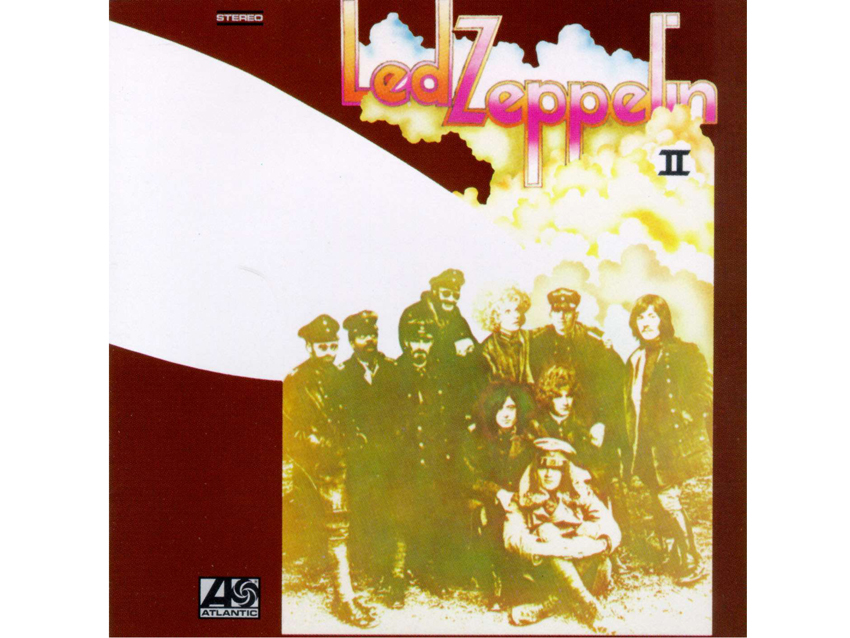
Led Zeppelin - Led Zeppelin II (1969)
“I had to put one Led Zeppelin album on the list. I think this is the record where the bass sounds the best. It’s prominent and thick in the mix, and there’s some classic John Paul Jones stuff on here, like the basslines to Ramble On and What Is And What Should Never Be – amazing. The bass solo to The Lemon Song is one of the first solos I ever learned. That's definitely a classic.
“Zeppelin had different engineers for practically every album. Jimmy Page will tell you he did that because he didn’t want anybody taking credit for the Led Zeppelin sound. I believe that. For some reason, I think that Led Zeppelin II has the best low end of all the band's records. It’s very warm, and the kick drum and bass combination is really fat.
“The playing all over is unbelievable. Every one of the guys in Zeppelin was essential, so I have to give credit all around. But I do love John Paul Jones’ playing on Led Zep II. He’s pretty dynamic.”
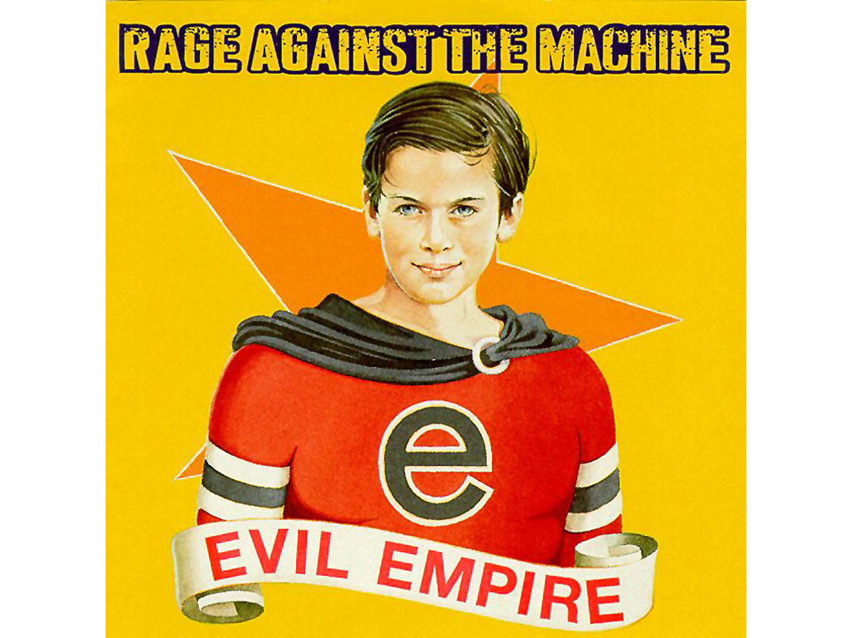
Rage Against The Machine - Evil Empire (1996)
“My whole approach to tone was revolutionized when I heard the first Rage album – but even more so with Evil Empire. Tim Commerford had some great overdriven tones on the first album – I think he was playing a G&L at that point. It had more of a clean, bouncy-type feel. But when you hear the bassline on Bulls On Parade, that part in the verse where the guitar breaks away and it’s just the bass – that’s so heavy.
“The first track on Evil Empire, People Of The Sun, is another killer. But the clincher for me, the signature tune, is Tire Me. That shit is so agro and great – it's everything I ever wanted to hear in rock bass. There’s a lot of fantastic songs on the album, but man, I just love the tone.
“The secret to the sound of Rage – and a lot of bands figured this out after they did it – is that the guitar is kind of a clean sound, but it’s the bass that’s overdriven. With most other hands, it’s the bass that’s clean and the guitar is distorted. Rage turned it around.”
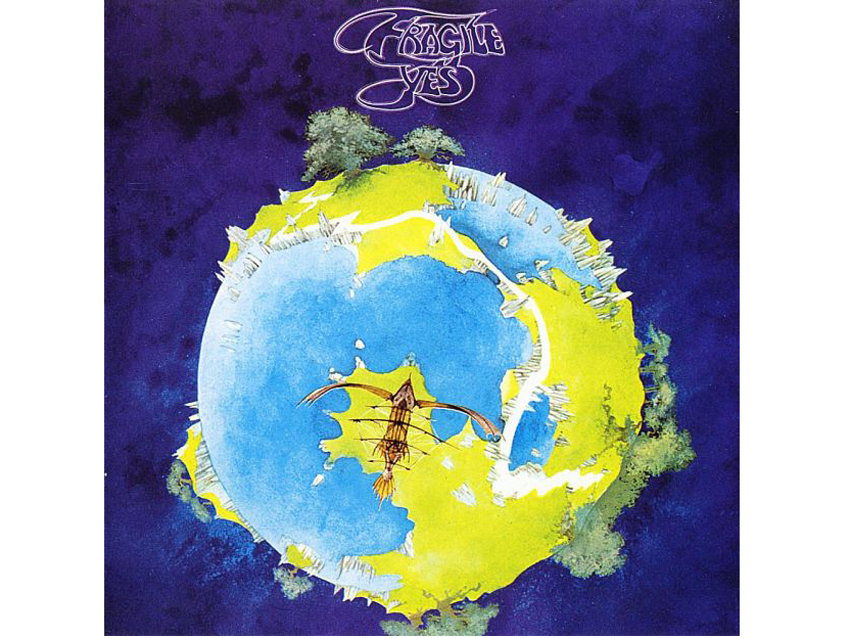
Yes - Fragile (1971)
“The sound, the approach, the songs, the basslines – talk about classic. I don’t know if everybody knows this, but there’s two basses on Roundabout; it’s double-tracked. And it sounds so weird and nasty. The way that Bill Bruford’s drums interact with Chris Squire’s bass is one of those really special things in music history.
“Then, of course, there’s the bass in Heart Of The Sunrise. The best part is the intro, that wonderful motif – such cool playing. When he plays it live, he does all kinds of things with it, changing it around. Oh, and Long Distance Runaround – we all know how great that is. And The Fish – I don’t know how to say the other part of the title – is that classic Chris Squire bass solo. Everything on the record is a memorable line.
“When it comes to Yes albums, Close To The Edge is a close second – there's lots of fantastic stuff on there – but Fragile is amazing from start to finish. You can’t knock anything about it.”
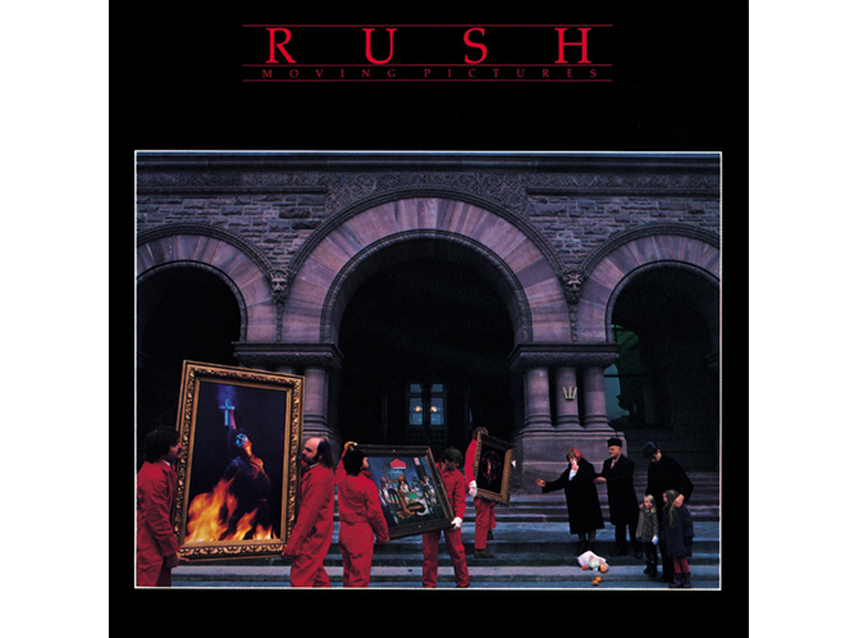
Rush - Moving Pictures (1981)
“I was such a moron: This was one of the first records I tried to learn how to play when I was just starting out. You can imagine how frustrating that was. It didn’t go very well. [Laughs]
“All of the melodic stuff in Red Barchetta is amazing. You know, this is another band where the guitar wasn’t always super-overdriven. It some parts, Alex Lifeson does some really snappy chord stuff, and it’s Geddy Lee who’s driving the melodic underpinning of the song.
“There’s YYZ, which has so many fascinating things going on. It seemed unplayable to me at the time. Tom Sawyer and Limelight are classics, as we all know. The last song, Vital Signs, has terrific bass parts.
“Some people would pick another Rush album, but I’ve always loved Moving Pictures. I guess I’m somewhat partial to that period when a band apexes. To me, there’s always been something special about this record.”
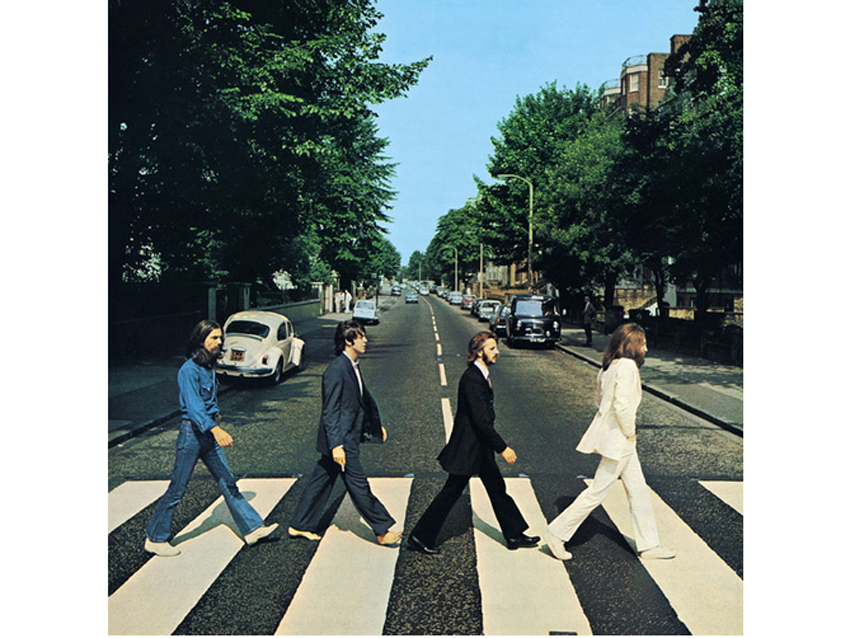
The Beatles - Abbey Road (1969)
“You never want to get into an argument with a Beatles fan about what the band's best record is, but to me, Abbey Road is my favorite. It’s the last one they ever recorded, and it’s as if everything they ever did that was great was combined onto one really cool album.
“Go down the list: Come Together is the first song, and then you have Something – two enormous songs with incredible bass playing. And they aren’t even Paul’s songs! Come Together is Lennon and Something is George Harrison, yet Paul does some of his best work on them. The high melody stuff that he does on Something is revolutionary.
“I Want You has those really weird and uncharacteristically fast bass parts, and that’s before you even get to the second side with the whole Paul McCartney medley. She Came In Through The Bathroom Window has a terrific bassline, and so does You Never Give Me Your Money. You know it’s all great.
“The tone is super-thick, and the melodies were never stronger. And it’s pretty dry, too. The White Album was also dry, but the mood of it kind of reflected the chaos that was going on within the band. Abbey Road is very cohesive, and it’s got my favorite playing by Paul.”
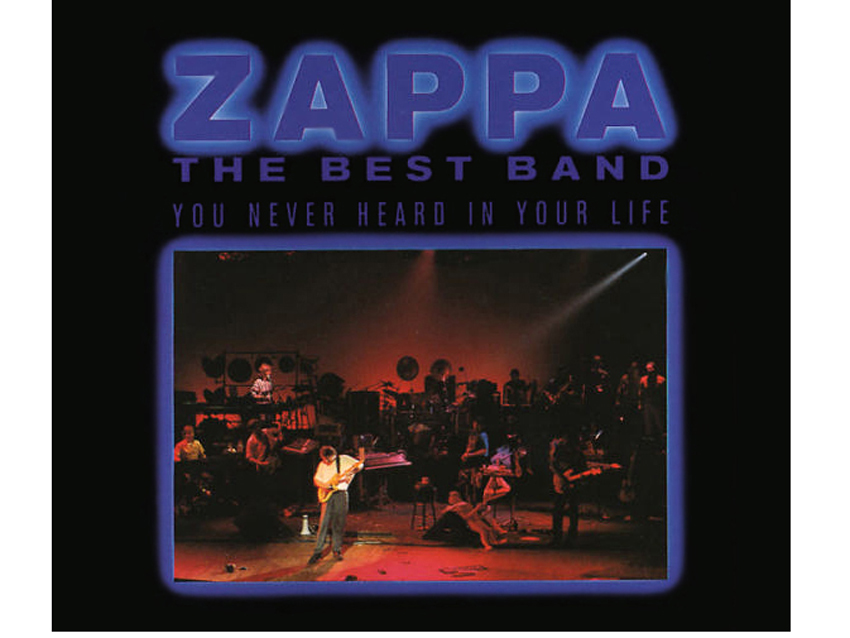
Frank Zappa - The Best Band You Never Heard In Your Life (1991)
“This is the 1988 live band. The reason why I chose this album is because I had to pick one with Scott Thunes on it. He was a very influential player for me. His background was very strange: classical conservatory with a punk approach. P-Bass with a pick really hard. It was very aggressive, very punk.
“Scott could take a complex piece of music and re-harmonize it, adding intelligent counter-melodies to the basslines at a moment’s notice, in a more quick and clever fashion than I’ve ever heard another bass player do. What he does on Inca Roads and Andy and Florentine Pogen is incredible.
“It’s a double album, so there’s a lot to go through. Anybody who isn’t familiar with Scott Thunes would do well to pick it up. Listen to what he does for two hours with very challenging material, treating it like it’s pop songs, very much like the way Paul McCartney treated pop songs, pushing and pulling in.
“Scott did that with Frank Zappa’s music, which is a whole different level of being inside and outside the song at the same time. Remarkable.”
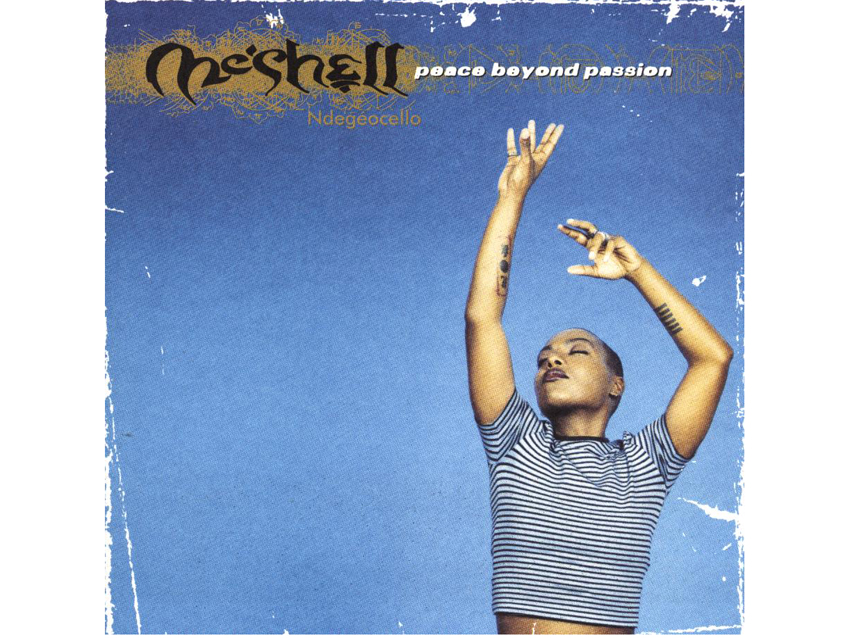
Me'shell Ndegeocello - Peace Beyond Passion (1996)
“I talk to a lot of different people, and they say, ‘Me’shell Ndegeocello, she’s so great, she’s so great.’ And I’ll mention this album, and they’ll be like, ‘Yes! That’s the one.’ People seem to agree on this record. She’s done a lot of fantastic stuff; some of her records are very ambient, and some of them are very deep and kind of slow soul. The first one was almost a hip-hop record.
“Peace Beyond Passion, to me, has some of the most classic Me’Shell basslines. The second song, The Way [sings bassline] – I teach that to my students. I tell them, ‘Listen to this. You need to be able to play this and make it groove.’ There’s a song called Niggerman – her word, not mine – which has bass guitar but also has sub underneath it. It’s amazing how she put down the basslines without getting in the way of the sub booms that come in every once in a while.
“More than anything, she’s a total musician and can play all the instruments, but what she does on the bass is so deep and so funky. You hear her soul pouring out of the tones and the grooves. It’s bewitching.”
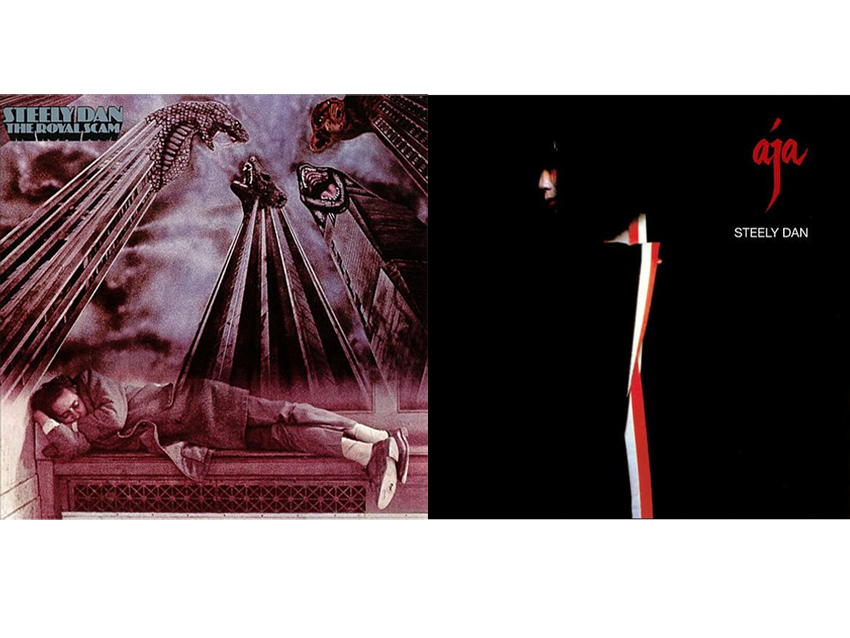
Steely Dan - The Royal Scam/Aja (1976/1977)
“Aja has so many great songs – Black Cow, Peg, I Got The News, and of course, there’s the song Aja, which is unbelievable. That whole sophisticated pop thing they did and that Chuck Rainey kind of grew into as he played with them – they really straddled the line between pop and jazz. They didn’t even touch rock; it was just R&B, pop and jazz.
“Chuck Rainey’s tone was interesting. It’s tight, but it doesn’t dominate the mix. They never let any one musician stand out too much, so it’s a great ensemble mix. The sonic environment they created left a lot of room for people to play a lot of notes.
“Listen to Peg – Chuck’s going crazy, slapping and doing all kinds of things, being really busy. But it doesn’t sound like he’s doing much; it just seems to flow.
“Haitian Divorce is on The Royal Scam, another great one. I have to include both albums together because they almost seem like one big album to me. Kid Charlemagne is amazing. And Green Earrings – oh! It’s like one of the all-time great Steely Dan basslines. Some people swear by the older stuff, but to me, these two records are the peak.”
Joe is a freelance journalist who has, over the past few decades, interviewed hundreds of guitarists for Guitar World, Guitar Player, MusicRadar and Classic Rock. He is also a former editor of Guitar World, contributing writer for Guitar Aficionado and VP of A&R for Island Records. He’s an enthusiastic guitarist, but he’s nowhere near the likes of the people he interviews. Surprisingly, his skills are more suited to the drums. If you need a drummer for your Beatles tribute band, look him up.
